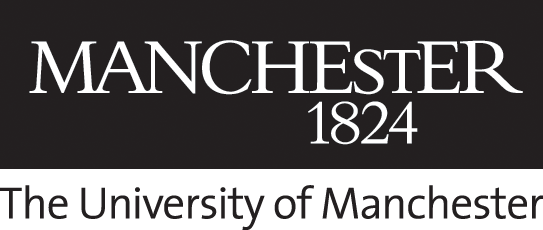For contributions to medical image analysis and image-based computational physiology
Piscataway, New Jersey, USA, November 2013: Alejandro Frangi, Prof of Biomedical Image Computing, from Sheffield, United Kingdom has been named an IEEE Fellow. He is being recognized for contributions to medical image analysis and image-based computational physiology. Prof Frangi’s scientific activity has made contributions in the areas of cardiovascular pathologies and has contributed to the development of the concept of the Virtual Physiological Human in Europe.
The IEEE Grade of Fellow is conferred by the IEEE Board of Directors upon a person with an outstanding record of accomplishments in any of the IEEE fields of interest. The total number selected in any one year cannot exceed one-tenth of one- percent of the total voting membership. IEEE Fellow is the highest grade of membership and is recognized by the technical community as a prestigious honor and an important career achievement.
Prof Frangi is Professor in the Department of Mechanical Engineering at the University of Sheffield (USFD), Sheffield, UK. He leads the Center for Computational Imaging & Simulation Technologies in Biomedicine (www.cistib.org), which contributes to the scientific ambition behind the Virtual Physiological Human (VPH), thus producing a transformational impact on healthcare. Prof Frangi’s main research interests are in medical image computing and image-based computational physiology where he has contributed over 115 papers in peer-review scientific journals with over 30% papers reporting on translational work in leading clinical journals. Among other services to the community, he is Associate Editor of IEEE Trans on Medical Imaging, Medical Image Analysis, and SIAM Journal Imaging Sciences. Prof Frangi is a recipient of the IEEE Engineering in Medicine and Biology Early Career Award in 2006, and the ICREA-Academia Prize in 2008 awarded by the Institució Catalana de Recerca i Estudis Avançats (ICREA).
Prof Frangi obtained his BEng/MEng in Telecommunications Engineering from the Technical University of Catalonia (Spain, 1996). He subsequently carried out research on electrical impedance tomography at the same institution. He obtained his PhD on Biomedical Image Computing from the Image Sciences Institute of the University Medical Center Utrecht (The Netherlands, 2001) on model-based cardiovascular image analysis. During this period he was visiting researcher at the Imperial College in London, UK, and in Philips Medical Systems BV, The Netherlands. He has held earlier academic appointments at the Universidad de Zaragoza (Zaragoza, Spain) and Universitat Pompeu Fabra (Barcelona, Spain).
The IEEE is the world’s leading professional association for advancing technology for humanity. Through its 400,000 members in 160 countries, the IEEE is a leading authority on a wide variety of areas ranging from aerospace systems, computers and telecommunications to biomedical engineering, electric power and consumer electronics.
Dedicated to the advancement of technology, the IEEE publishes 30 percent of the world’s literature in the electrical and electronics engineering and computer science fields, and has developed more than 900 active industry standards. The association also sponsors or co-sponsors nearly 400 international technical conferences each year. If you would like to learn more about IEEE or the IEEE Fellow Program, please visit www.ieee.org.
Full list of IEEE Fellow class 2014 at www.ieee.org/2014Fellowclass

